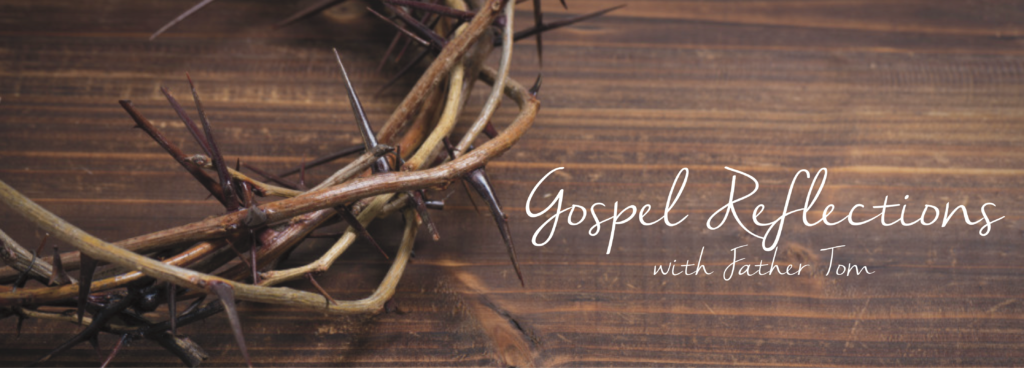
St. John says, “Whoever does what is true [good], comes into the light.” Coming to the light is conditional on doing the truth. It’s not one who speculates about the truth but the one who does the truth who comes to the light. The shortest journey to the light is by doing the good. But we don’t always act like this in practice.
Normally what we do is we try to achieve a state of inner peace, and then do the peaceful deed. We try to attain a state of joy and gratitude, and then do the joyful and grateful thing. But often we have to do the opposite. We have to perform a peaceful act in order to achieve inner peace. We have to do the joyful or grateful deed in order to experience inner joy and gratitude. In the same way, if we are in darkness, and we do the good deed, then most certainly the light will shine for us. The following true story beautifully illustrates this.
In the Lithuanian city of Kovno there lived a Jewish professor. Though he had been an agnostic all his life, the professor began to be more and more troubled by the sad, neglected condition of the Jewish graveyard in the city. Since the holocaust of Jews by the Nazis and the harassment of them by the Soviets, no one had taken care of their graves. So, out of the goodness of his heart, the professor himself decided to do so.
Whether or not he was aware that tending graves is a mitzvah, that is, a traditional good deed, we do not know. In any case, the good man acquired a spade, a sickle and a shears, and began the job of making the graveyard worthy of those buried in it. At first he was on his own, but as the weeks went by other Jews joined him in the work. Most of these were once observant Jews but had become agnostics like the professor. Eventually there were some two hundred of them, all doing the true thing. As they worked a beautiful thing happened. Their Jewish faith came alight in them. Practically all of them became observant Jews once more.
Anyone who does wrong, hates the light and avoids it. But those who do good, love the light and come out into it. How many of our deeds are done in the light? How many of them could bare the scrutiny of the light?
We have to accept that there is darkness in our lives and in our world. We have to recognize that darkness and learn how to live in relationship with it. It is futile to wait for the darkness to go away. We wish it would. But we have to accept that it is here, and will always be here.
What we mustn’t do is call the darkness light. When we do that we get trapped by it. When we call it darkness we can learn how to live so that the darkness does not overcome us. When everything is permissible we have failed to distinguish between light and dark.
People who have come to know the love and joy of God do not deny the darkness, but they choose not to live in it. They trust in the light that shines in the darkness, and know that a little light can dispel a lot of darkness. And the light of Christ is such that no darkness can overpower it. If we do the good thing, then the light will shine for us.
